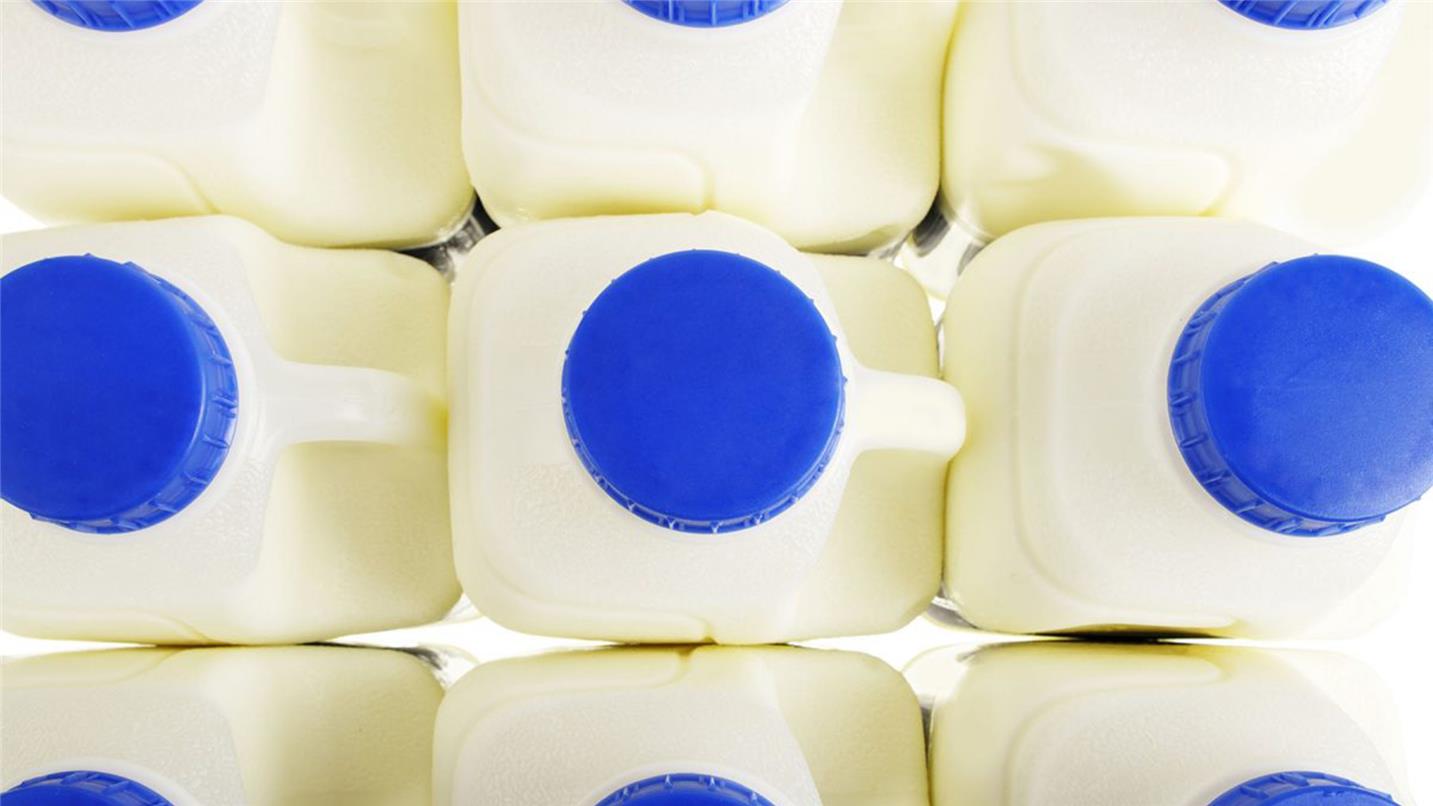Enabling continuous improvement at AstraZeneca in Liverpool
Waste prevention is one of AstraZeneca’s main sustainability goals. Where prevention is not possible, the company concentrates first on minimisation, then on appropriate treatment to maximise re-use and recycling, and reduce disposal to landfill.
Fostering employee engagement was recognised as key in continuous improvement planning. SUEZ needed to engage with the workforce of 360 employees at the Liverpool plant to communicate the recycling targets and wider waste management strategy set out by AstraZeneca.
SUEZ’s transformation team ran a recycling and waste awareness campaign that coincided with International Earth Day in April 2017. The campaign was designed to raise awareness of the benefits of the recycling service (both environmental and business-related), generate employee buy-in and share best practice. It also involved educating employees about recycling and encouraging them to segregate materials correctly.
A circular economy-themed roadshow ran over the course of three days. As part of this engagement programme, SUEZ’s hazardous waste team ran two training sessions to share best practice and encourage high-level compliance. A new internal environmental employee engagement initiative – a Green Team – was also launched as part of the multifaceted campaign.
Thirty employees at AstraZeneca’s plant expressed an interest in becoming a member of the Green Team and championing recycling in the workplace.
Twenty-seven employees were trained during two hazardous waste training sessions to ensure on-site compliance and best practice sharing.
A general waste reduction project was also implemented as a result of the engagement, and approximately 12,000 plastic milk bottles have been eliminated from the annual general waste stream as a result of introducing new milk dispensers in the plant’s canteens.
